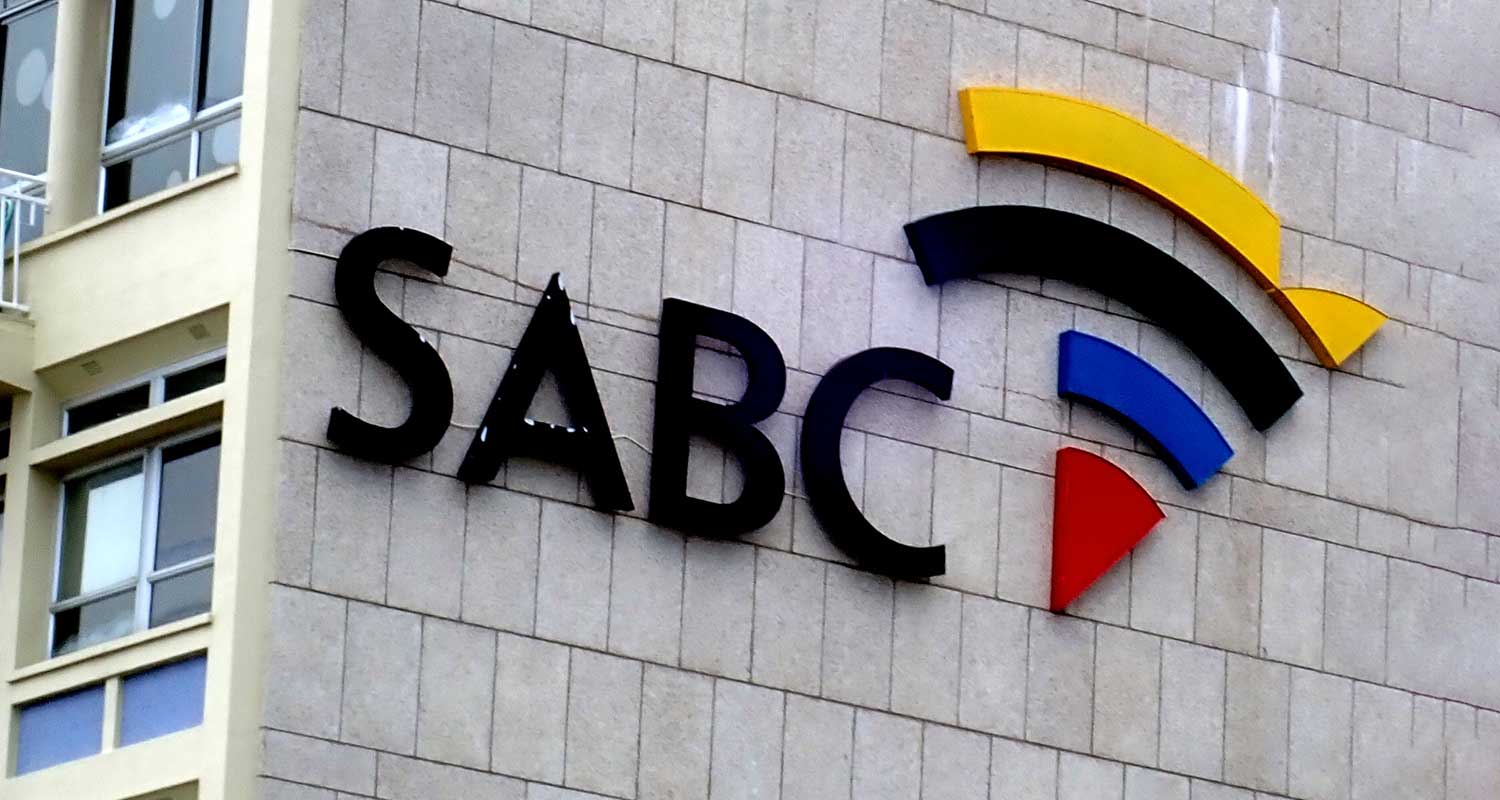 Media watchdogs Support Public Broadcasting (SOS) Coalition and Media Monitoring Africa (MMA) have told communications regulator Icasa to act in the public interest in digital broadcasting migration to avoid marginalising millions of poor South Africans.
Media watchdogs Support Public Broadcasting (SOS) Coalition and Media Monitoring Africa (MMA) have told communications regulator Icasa to act in the public interest in digital broadcasting migration to avoid marginalising millions of poor South Africans.
They warned on Friday at Icasa hearings that millions of South Africans still rely on public-interest broadcasting to make informed decisions about their lives.
In a joint presentation to Icasa, which is reviewing the digital migration regulations of 2012, Uyanda Siyotula, national coordinator at the SOS Coalition, and William Bird, executive director at MMA, said large financial interests should not determine how the migration to digital is done.
“The licence conditions of the SABC and community broadcasters need to reflect the guarantees provided in regard to multiplex allocation with certain obligations to prioritise South African content. SOS Coalition and MMA recommend that assignments of capacity on the multiplexes must ensure the future viability of the SABC and community television,” the two lobby groups said in their presentation.
How multiplexes will be assigned is one of the key regulatory decisions that must come from the inquiry. Multiplexes, or muxes, are chunks of spectrum assigned to broadcasters over which they can distribute the signals of their various channels using terrestrial infrastructure – which is most commonly operated by Sentech, a state-owned enterprise.
‘Schlock’
“There must be a public interest test before muxes are assigned, otherwise we will end up with the ‘Betting Channel’ or a host of shopping channels and other such content. There is enough schlock in the world already, and we must ensure that we prioritise the public interest,” said Bird.
SOS Coalition and MMA said the department of communications & digital technologies has been unclear on the progress regarding the migration to digital since the analogue switch-off deadline was announced by minister Mondli Gungubele in July 2023. The organisations also accused parliament of failing to play its oversight role over the communications department to account “for a fair digital migration process that leaves no one behind”.
The two bodies said the department should set a target of migrating 85% of the population to digital before switching off analogue signals.
Read: Sentech launches Freevision Play, a free streaming TV service
“We expect Icasa to consider the migration to DTT an abject failure if it means that a third of South Africans will no longer have access to television. Icasa must ensure that the analogue switch-off doesn’t happen if it results in 33% of citizens losing access to television,” they said in their presentation.
Bird said any migration that leaves a significant portion of the population behind will lead to an existential crisis for the national broadcaster.

“It is a catastrophic risk for the SABC… To cut its audience in this context is basically taking away its only source of revenue. This will have consequences on the thousands of jobs at the SABC, and we are facing a possible extinction event for the public broadcaster,” said Bird. — (c) 2024 NewsCentral Media




